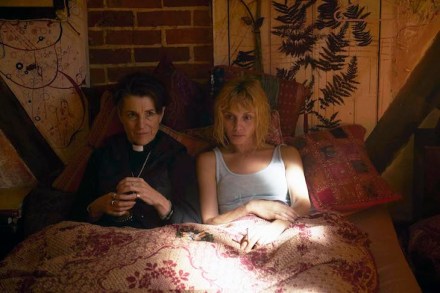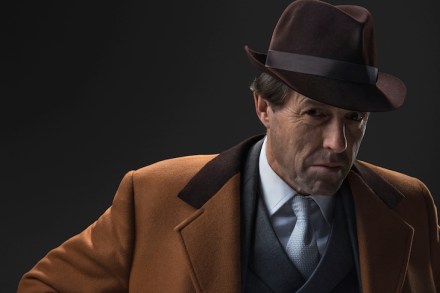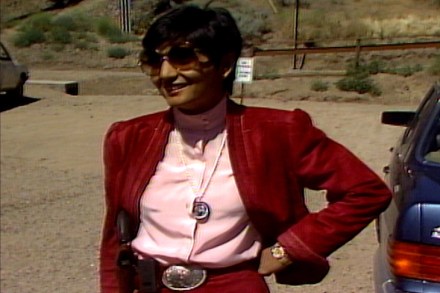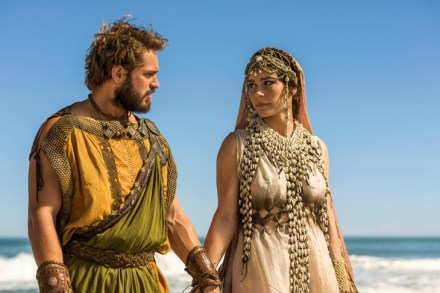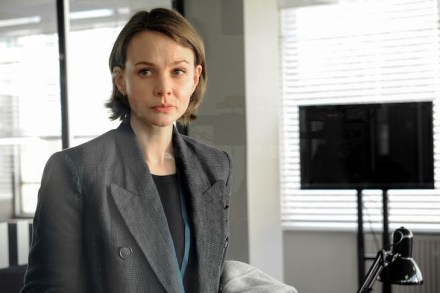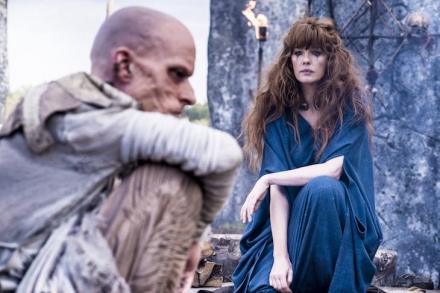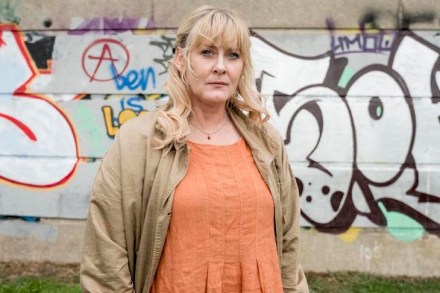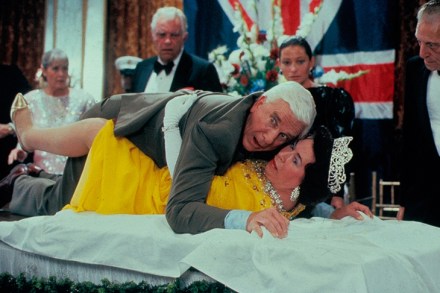Unintelligent design
On Wednesday, BBC Four made an unexpectedly strong case that the human body is a bit rubbish. Our ill-designed spines, for example, guarantee that many of us will suffer from chronic back pain. Our joints wear out long before we do. Our skin even gets damaged by sunlight. So what can be done about it? Obviously the answer is not much — but that didn’t prevent Can Science Make Me Perfect? With Alice Roberts from pretending to give it a go. The premise was that Roberts would draw on other, less incompetently constructed life forms to create an improved version of herself — the way she’d be if evolution hadn’t
